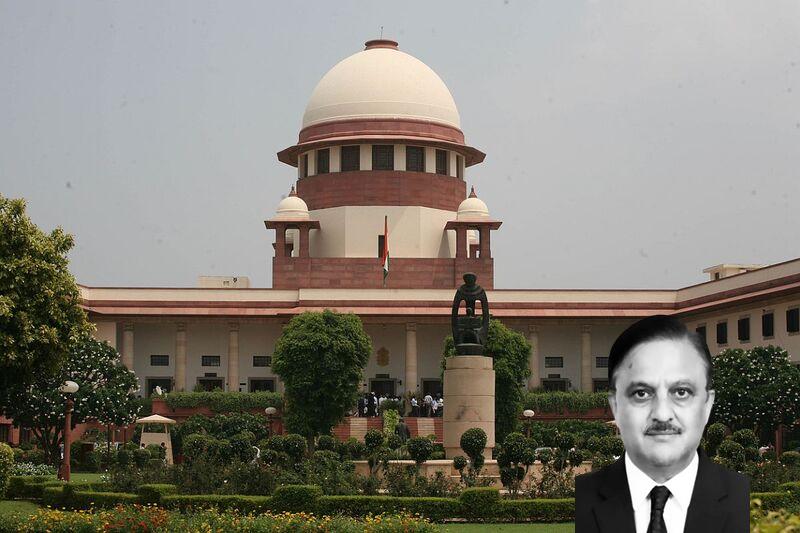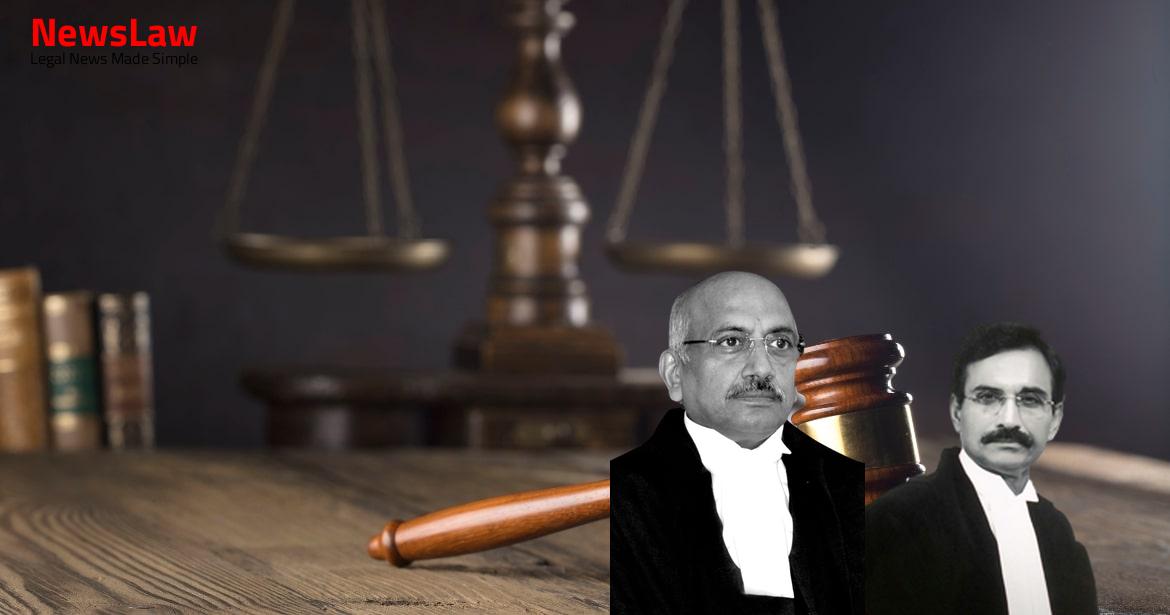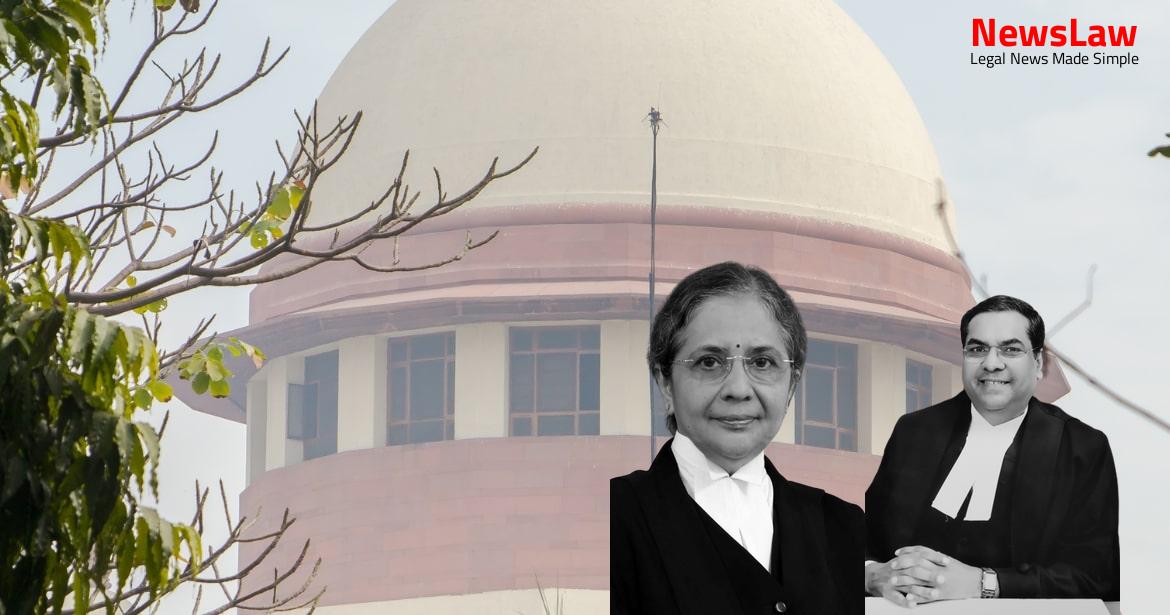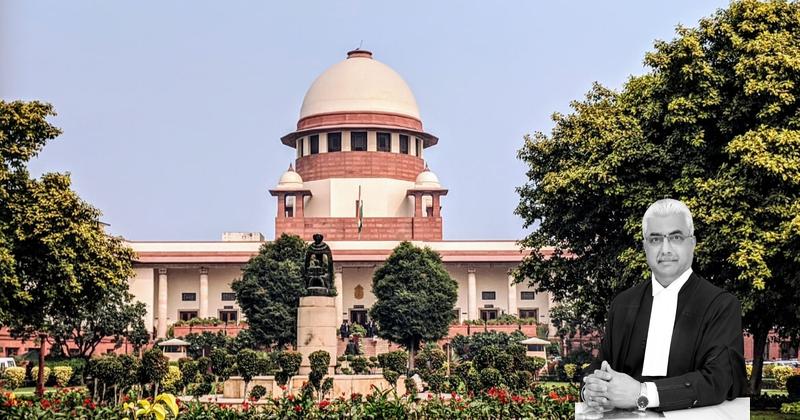Two cases, one crime No.169/2007 under Section 304 and 308 IPC and another case crime No.170/2007 under Section 25 of Arms Act, 1959 were registered against the accused Nanhe. The trial court vide judgment and order dated 14.05.2010 held the accused Nanhe to be guilty of an offence under Section 302 IPC and sentenced him to life imprisonment with fine of Rs.5000/- and in the event of default in payment of fine to undergo additional one year of imprisonment. The judgment and order of conviction and sentencing the accused was affirmed by the High Court vide its judgment and order dated 31.01.2019 passed in criminal appeal No.4474 of 2010. There is no dispute to the fact that Saddam Hussain died of a fire arm shot received in his neck and that the same was fired from the country made pistol possessed by the appellant Nanhe.
The only aspect which requires consideration by us is whether the said offence is liable to be reduced to culpable homicide not amounting to murder falling under second part of Section 304 IPC in view of the fact that the appellant had no intention to kill the deceased as he had fired with the intention to settle his score with Mahendra with whom he had entered into a harsh argument. -If a person, by doing anything which he intends or knows to be likely to cause death, commits culpable homicide by causing the death of any person, whose death he neither intends nor knows himself to be likely to cause, the culpable homicide committed by the offender of the person whose death he intended or knew himself to be likely to cause.”
Under the section if A intends to kill B, but kills C whose death neither he intends nor knows himself to be likely to cause, the intention to kill C is by law attributed to him. held that the approach of the High Court in setting aside the order passed by the Special Judge solely on the ground that the firing was not aimed at the victim and that he was accidently injured is completely in ignorance of the provision of Section 301 IPC.
State of Punjab, this Court held that under the ‘Doctrine of Transfer of Malice or Transmigration of Motive’ as per Section 301 IPC, the accused has made himself punishable under Section 302 IPC (simplicitor) as he accidently shot a particular person, though, in fact he might have intended to kill another person and may have aimed the shot at that another person only.
In so far as the impact of intoxication and causing death while in the state of intoxication is concerned, a reference to Section 86 of IPC is relevant which provides for the offence caused by a person under intoxication and incapable of understanding the nature of his act. Offence requiring a particular intent or knowledge committed by one who is intoxicated.—In cases where an act done is not an offence unless done with a particular knowledge or intent, a person who does the act in a state of intoxication shall be liable to be dealt with as if he had the same knowledge as he would have had if he had not been intoxicated, unless the thing which intoxicated him was administered to him without his knowledge or against his will.” 19.
The insanity, whether due to drunkenness or otherwise is a defence in a crime; (ii) The evidence of drunkenness which renders the accused incapable of forming any opinion or intention ought to be considered with the surrounding facts and circumstances so as to come to the conclusion whether or not he had intention to do the said act; and (iii) Ali, PW1 in his deposition/cross-examination has accepted that at the time of the incident, the appellant, Nanhe was drunk and was in a state of intoxication, and even the SI, PW6 was of the opinion that the accused was heavily intoxicated and he was unable to speak but the fact remains that in even in such a situation he was able to walk properly and had gone 15 to 20 steps away from the place of quarrel after it was settled to return and fire.
In view of the above statements of the witnesses, it stands duly established that the appellant had fired the shot in the state of intoxication which resulted in the killing of Saddam Hussain but there is no evidence to prove that on account of the intoxication, he was incapacitated to know and understand his actions.
Case Title: NANHE Vs. THE STATE OF UTTAR PRADESH
Case Number: Crl.A. No.-002791-002791 / 2023



